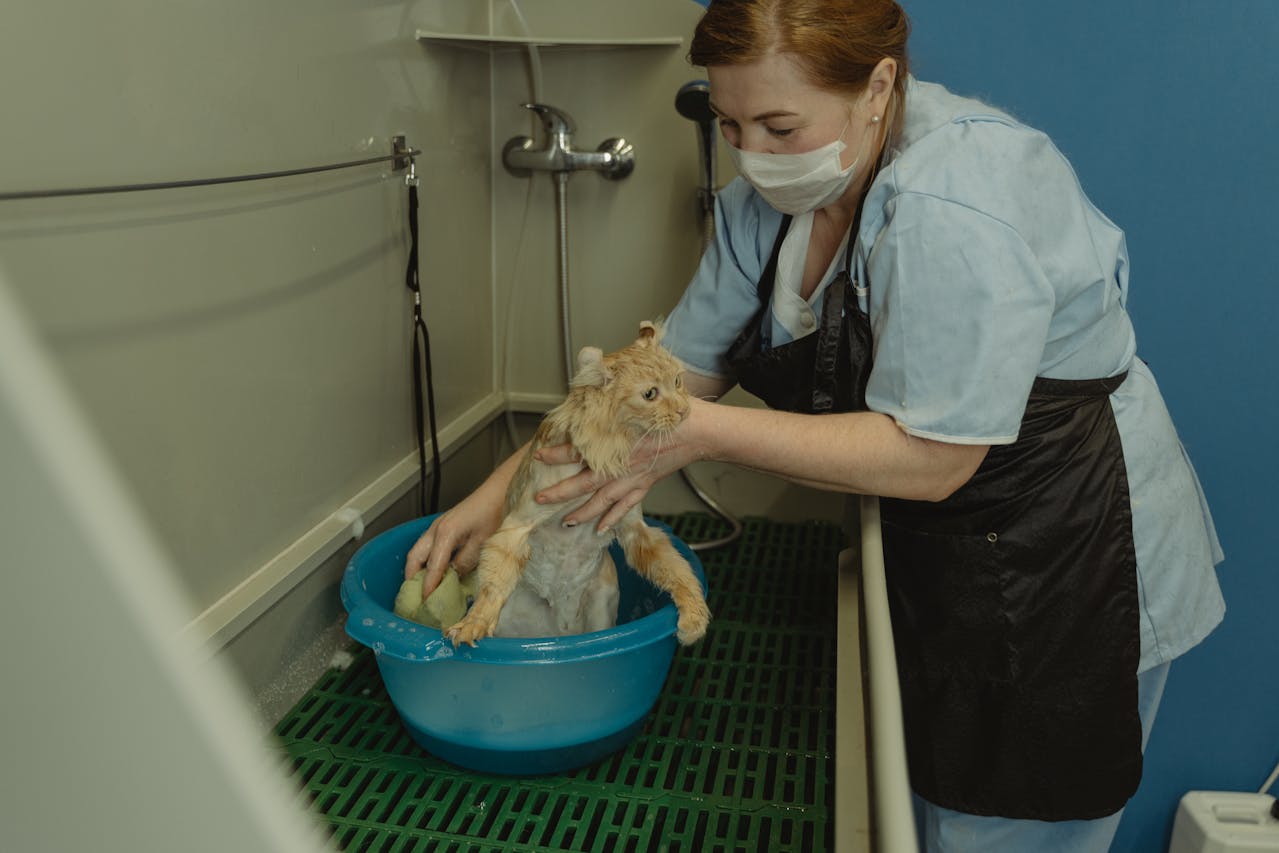All cat conditions Articles

Allergic Reactions to Pet Vaccines: What Every Pet Owner Should Know
Vaccines are essential for protecting our pets from dangerous diseases, but it's understandable to worry about possible allergic reactions. To help put your mind at ease, here’s a straightforward guide on how vaccines work, what signs to watch for, and what steps to take if your pet has a reaction.

Pet Gastritis: What You Need to Know
Pets often end up at the vet because of stomach issues. Dogs and cats are naturally curious, and that curiosity sometimes gets them into trouble—whether it’s snacking on spoiled food from the trash or nibbling on mysterious plants in the yard. Unfortunately, their adventurous taste tests can lead to some pretty uncomfortable tummy troubles.

Why Pets Visit the Vet: The Top 10 Reasons Every Pet Owner Should Know
As a pet owner, you likely hope that trips to the vet are limited to routine checkups and vaccinations. However, pets can face a variety of health issues that may require medical attention. According to data from Nationwide pet insurance, some health problems are more common than others. Understanding these issues can help you stay informed and proactive about your pet’s well-being.

Pet Skin Conditions: A Guide for Pet Owners
Having your pet sleep in your bed can be a lot of fun, but it’s not always peaceful, especially when they're scratching, licking, or biting constantly. These actions aren’t just frustrating—they might be signs of something more serious, like atopic dermatitis, a skin condition.

Understanding Cancer in Birds and Exotic Pets
Cancer isn’t just a problem for people, dogs, and cats—it can also affect birds, rabbits, guinea pigs, and other exotic pets. Unfortunately, these animals often don’t show signs of illness until the disease is quite advanced, which makes early detection incredibly important.

Is Pet Cancer Treatable?
Yes, in many cases, pet cancer can be treated. Thanks to advancements in veterinary medicine, there are now several treatment options available that can help improve your pet’s quality of life and even give you more time together. Just like with people, catching cancer early makes a big difference in how effective the treatment can be.
Get insurance plans with wide-ranging coverage options






